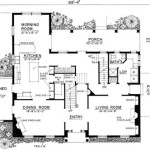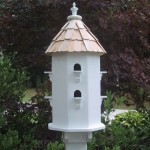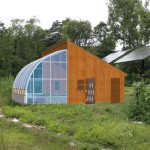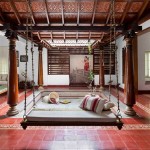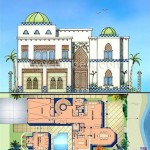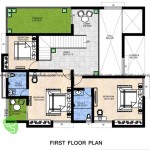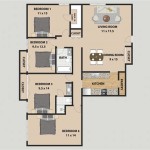Essential Aspects of Modular Home House Plans Designs
Modular home designs offer a myriad of advantages, including affordability, customization, and sustainability. Understanding the key aspects of modular home house plans is crucial for discerning buyers.
Flexibility and Customization
Modular homes provide remarkable flexibility, as they can be tailored to individual needs and preferences. Buyers can choose from a wide range of floor plans, elevations, and exterior finishes, ensuring their home aligns perfectly with their lifestyle and aesthetic vision.
Cost-Effectiveness
Modular construction significantly reduces construction costs compared to traditional building methods. Homes are built in controlled factory environments, leading to reduced labor expenses and material waste. Additionally, the streamlined process and efficient use of materials result in substantial savings.
Time-Saving
Building a modular home is considerably faster than traditional methods. Modules are prefabricated off-site, reducing the overall construction time on-site. This efficiency allows buyers to move into their new homes sooner, saving time and reducing the inconvenience of extended construction timelines.
Durability and Efficiency
Modular homes are built to precise building codes and undergo rigorous inspections throughout the manufacturing process. This ensures structural integrity and compliance with the highest standards. Additionally, modular homes are designed to be energy-efficient, incorporating features such as insulated walls, high-performance windows, and energy-saving appliances.
Design Versatility
Modular home designs range from classic to contemporary, offering a vast array of architectural styles. Buyers can find plans that suit their tastes, including ranch-style homes, modern masterpieces, and traditional designs. The modular approach allows for creative combinations of modules, resulting in unique and personalized homes.
Eco-Friendliness
Modular construction promotes sustainability by minimizing waste and reducing energy consumption during the building process. The controlled factory environment allows for efficient material usage, and the precision manufacturing techniques minimize construction debris. Additionally, modular homes are often designed to be energy-efficient, contributing to lower operating costs and a reduced carbon footprint over time.
Considerations When Choosing a Modular Home House Plan
To ensure a successful modular home project, consider the following factors when selecting a house plan:
- Size and Capacity: Determine the number of bedrooms, bathrooms, and living spaces needed to accommodate your family and lifestyle.
- Layout and Functionality: Consider how the spaces flow together and how they will be used. Ensure the plan meets your specific requirements for cooking, dining, entertaining, and storage.
- Exterior Style and Finishes: Choose an exterior design that aligns with your aesthetic preferences and the surrounding environment. Consider materials, colors, and architectural details.
- Location Factors: Take into account the climate, terrain, and available utilities at your construction site. Select a plan that is suitable for the climate zone and local building codes.
- Budget and Financing: Determine your budget and explore financing options to ensure the plan you choose is financially feasible.

Modular Home Floorplans Layouts Next

Modular House Plans Modularhomeowners Com

Floor Plans Cvs 3242k1 0 Manufactured And Modular Homes In 2024 Home House Plan With Loft Tiny

Floor Plan The Evolution Scwd76x3 Modular Home Plans Mobile

Modular Home Photo Gallery Pratt Homes Tyler

Modular Home Designs Can Be Made Wider Longer

Interactive Floor Plan Mobile Home Plans Modular Design

Re The Shore Collection By Ritz Craft Custom Homes

Covington Ranch Style Modular Home End Elevation Pennwest Homes Model Hf115 A Custom Built By Patriot S

Sectional Mobile Home Floor Plan The 6834 Spring View Select

